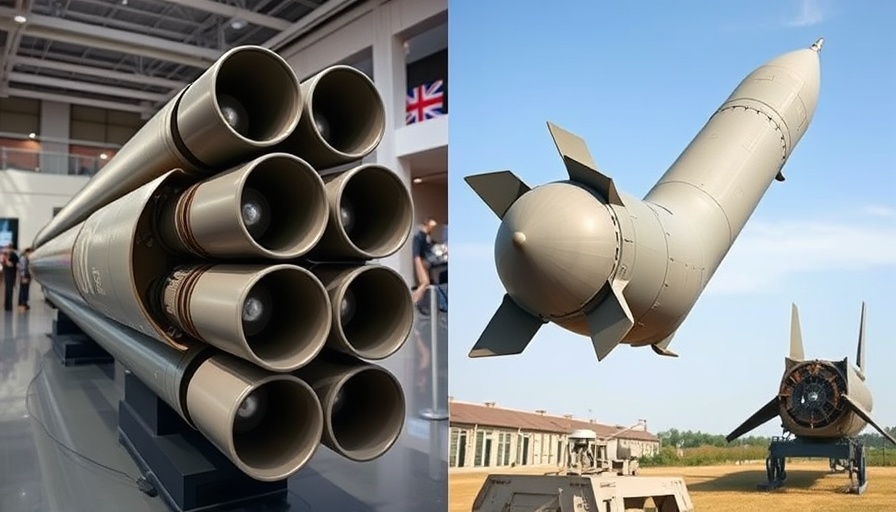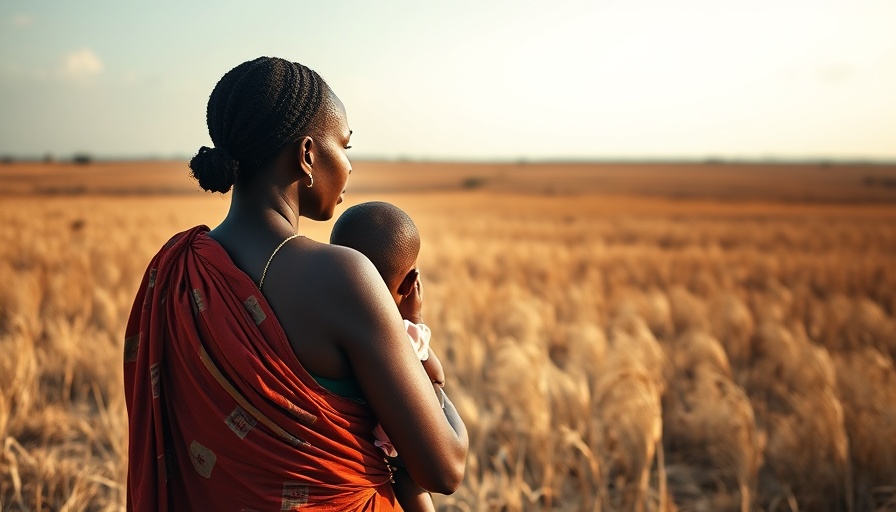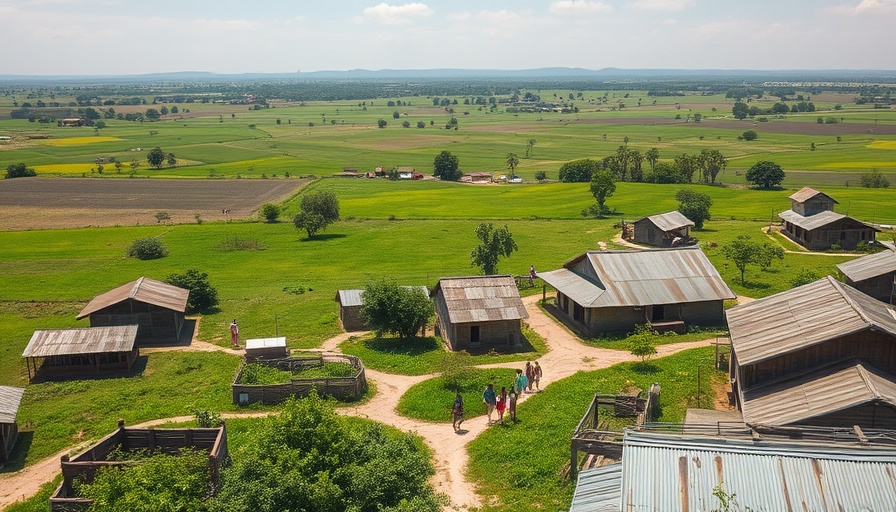
Understanding the Current Threat: Houthi Missile Developments
In recent developments reported on August 23, 2025, the Israeli Defense Forces (IDF) have raised concerns that a missile launched from Yemen by the Houthi rebels may have similarities to the Iranian Khorramshahr-4 missile employed earlier in their attack on Israel. This alarming potential resemblance, particularly the claim that the missile could be equipped with a cluster warhead, heightens regional tensions and suggests a troubling intersection of Iranian military capabilities and Houthi actions in Yemen, complicating existing geopolitical dynamics in the Middle East.
The Historical Context of Houthi-Iranian Relations
The Houthis, a group based in Yemen, have historically received support from Iran, including military resources and technology. This alliance is pivotal not just for understanding the implications of the recent missile launch but for the broader context of ongoing conflicts in the region, where proxy battles between Iran and its adversaries, including Saudi Arabia and Israel, are frequent. Recognizing this backdrop is essential for those concerned with global peace and security and can prompt discussions on the role of international diplomacy in de-escalating such conflicts.
Implications for Israel and Global Politics
The likelihood of the Houthis utilizing sophisticated weaponry underlines the reality that conflicts in Yemen do not exist in isolation; they reverberate through the intricate fabric of Middle Eastern relations. For Christians and advocacy groups concerned with humanitarian crises, this situation sheds light on the urgent need for international attention focused on the suffering of civilians in Yemen, given the ongoing war and humanitarian disaster. Without proper intervention and support, the chaos could lead to further escalations, affecting global peace and the lives of innocent people caught in the crossfire.
Regional Responses and International Actions
The response from Israel to the missile threat is pivotal, as it not only demonstrates their defense capabilities but also their determination to protect their sovereignty against hostile activities. The potential threat posed by the missiles reflects the necessity for robust and adaptive defense strategies that countries in the region must adopt. Additionally, responses from international actors—including the United States and European nations— are essential as diplomatic measures can help limit the capabilities of militant groups while promoting peace talks aimed at addressing core issues that foment violence.
Call for Humanitarian Consideration
As this geopolitical tension unfolds, it is essential that organizations and individuals alike engage in discussions about the humanitarian implications. The ongoing war in Yemen has resulted in devastating consequences for the civilian population, including widespread starvation and lack of access to essential services. Advocacy groups may want to mobilize efforts that both support the needs of the Yemeni people while simultaneously addressing the geopolitical issues at play, creating a dual approach that fosters compassion and reacts to the urgency of security concerns.
The Importance of Awareness and Advocacy
As concerned global citizens, it is our responsibility to remain informed and engaged with such events. Understanding the intricacies of the Houthi-Iranian alliance and its implications for regional and global peace draws attention to the importance of policy advocacy and social justice. For those within the Christian community who are mission-minded and humanitarian-focused, the need for action becomes clear. Engaging in dialogue, raising awareness, and fostering interfaith cooperation could play significant roles in addressing not only the symptoms of conflict but also the underlying theological and cultural divides that fuel these crises.
In a world that often feels divided, each of us can play a part in promoting understanding, supporting humanitarian efforts, and advocating for the persecuted. Raising awareness through education and dialogues can empower communities toward peace, uplifting those whose voices are often diminished in discussions of war and conflict. As we think about the recent missile threats, let us also remember the people whose lives are directly impacted by these military strategies. Together, we hold the power to influence change.
 Add Row
Add Row  Add
Add 








Write A Comment